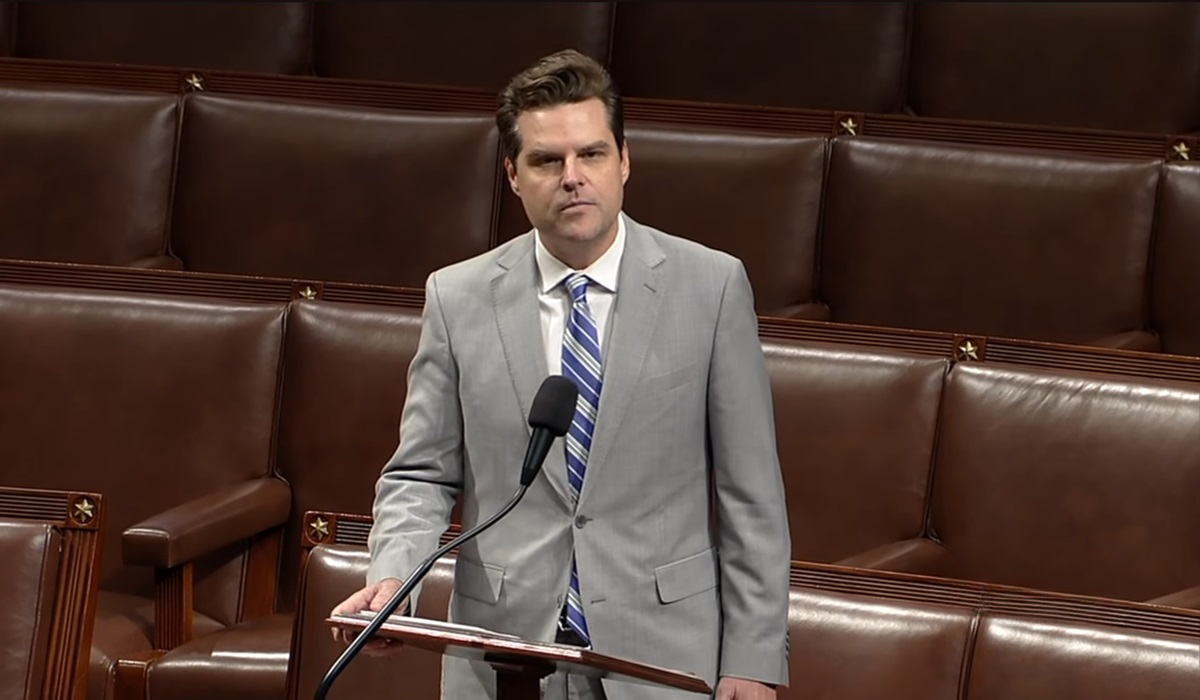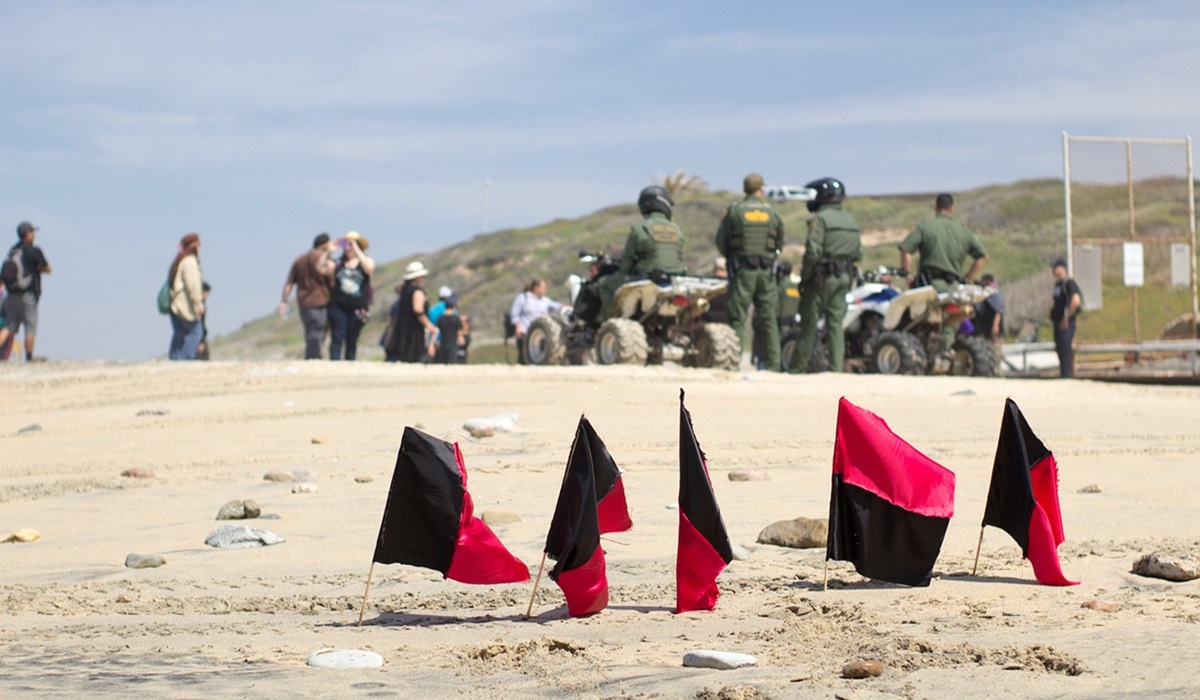The Unsettling Repetition of History: A Reflection on Persistent Global Conflicts
- TDS News
- Breaking News
- December 13, 2023

Throughout the annals of time, history has served as a profound teacher, offering lessons on the consequences of war, conflicts, apartheid, ethnic cleansing, and genocide. However, despite the wealth of knowledge at our disposal, these harrowing events persist in different corners of the world. The question that looms large is whether, as a society, we have truly learned anything from the past.
The recorded tales of human strife and suffering should, in theory, guide us away from repeating the mistakes of our ancestors. Yet, conflicts continue to arise, posing a paradox that challenges our understanding of societal evolution. It begs the question: Have we, as a global community, failed to internalize the lessons that history so fervently imparts?
The Darwinian effect, often linked to the survival of the fittest, raises intriguing questions about the nature of humanity. Has the impulse for power and dominance been merely masked by the veneer of civilization? While evolution, technology, and the industrial revolution have reshaped our world, the underlying instincts driving conflict may persist, lurking beneath the surface.
The stark reality is that disparities between the “haves” and “have-nots” persist, fueling the flames of inequality that often lead to violence. Does this perpetuate a cycle that humanity seems unable to escape? Are we condemned to relive the same narrative of power struggles, oppression, and bloodshed?
Breaking free from this cycle requires a collective and introspective effort. Acknowledging historical wrongs, fostering empathy, and promoting equitable systems are crucial steps. It necessitates a paradigm shift in societal values, moving away from the seeds of conflict that have been sown throughout history.
In our current era of instant communication and global connectivity, ignorance of history is a choice, not a limitation. Yet, the unsettling truth remains: conflicts persist. If we continue to ignore, delete, or suppress history, we risk becoming the embodiment of the atrocities we failed to heed. It is a chilling prospect that underscores the urgency of embracing the lessons of the past.
The recurring theme of conflict challenges us to confront the darker aspects of our nature. Breaking the cycle requires a collective commitment to learning, empathy, and justice. As a society, we stand at a crossroads — a choice between perpetuating a legacy of violence or forging a path toward a more enlightened and harmonious future. The question is, will we learn from history or become the architects of our own undoing?








